Check if You Qualify for Home Energy Improvement Credits Worth $1,000s: Kiplinger Tax Letter
Cut the cost of solar panels, heat pumps, insulation, air-con, and more

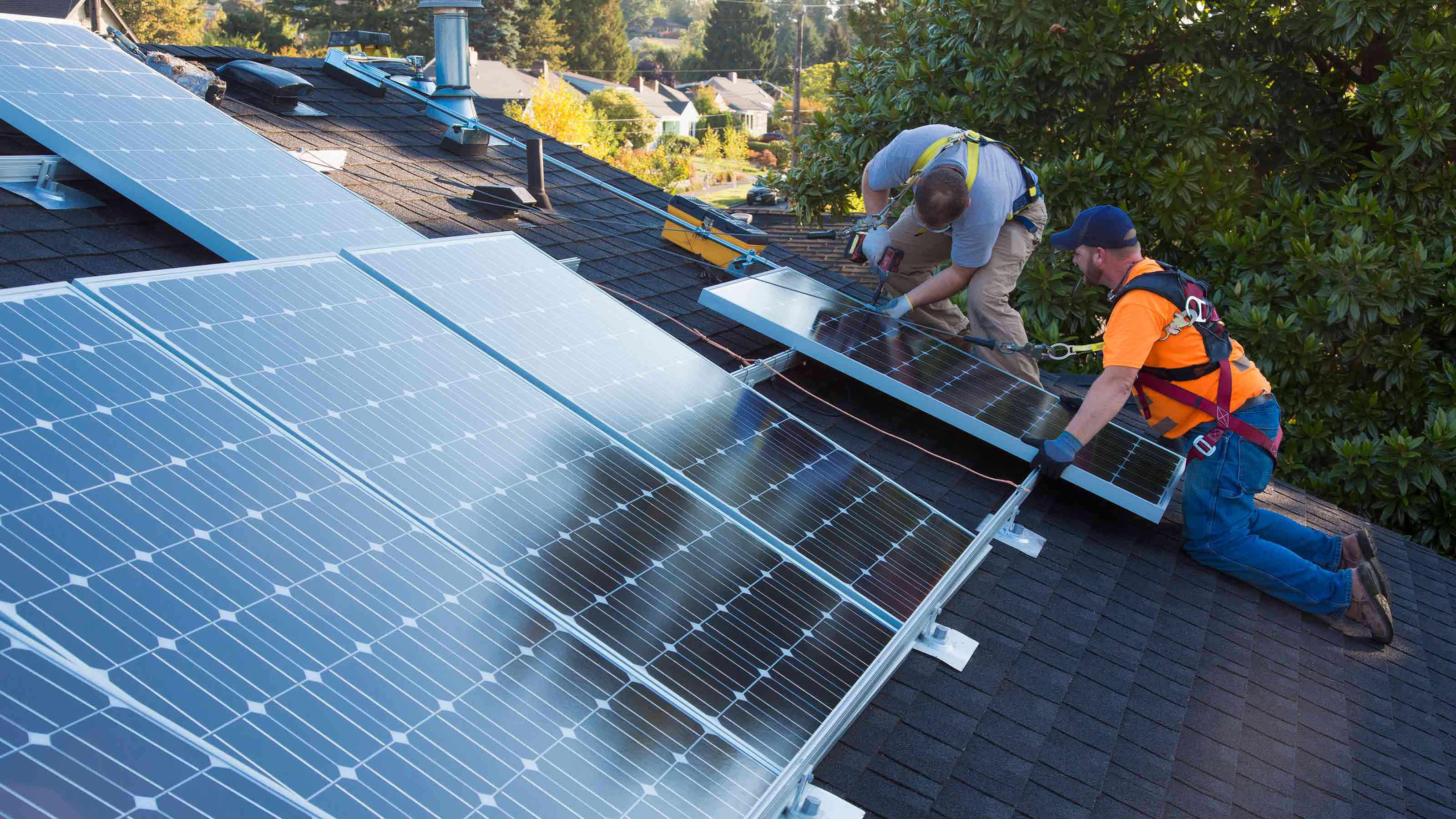
Profit and prosper with the best of Kiplinger's advice on investing, taxes, retirement, personal finance and much more. Delivered daily. Enter your email in the box and click Sign Me Up.
You are now subscribed
Your newsletter sign-up was successful
Want to add more newsletters?

Delivered daily
Kiplinger Today
Profit and prosper with the best of Kiplinger's advice on investing, taxes, retirement, personal finance and much more delivered daily. Smart money moves start here.

Sent five days a week
Kiplinger A Step Ahead
Get practical help to make better financial decisions in your everyday life, from spending to savings on top deals.

Delivered daily
Kiplinger Closing Bell
Get today's biggest financial and investing headlines delivered to your inbox every day the U.S. stock market is open.

Sent twice a week
Kiplinger Adviser Intel
Financial pros across the country share best practices and fresh tactics to preserve and grow your wealth.

Delivered weekly
Kiplinger Tax Tips
Trim your federal and state tax bills with practical tax-planning and tax-cutting strategies.

Sent twice a week
Kiplinger Retirement Tips
Your twice-a-week guide to planning and enjoying a financially secure and richly rewarding retirement

Sent bimonthly.
Kiplinger Adviser Angle
Insights for advisers, wealth managers and other financial professionals.

Sent twice a week
Kiplinger Investing Weekly
Your twice-a-week roundup of promising stocks, funds, companies and industries you should consider, ones you should avoid, and why.

Sent weekly for six weeks
Kiplinger Invest for Retirement
Your step-by-step six-part series on how to invest for retirement, from devising a successful strategy to exactly which investments to choose.
Getting the right tax advice and tips is vital in the complex tax world we live in. The Kiplinger Tax Letter helps you stay right on the money with the latest news and forecasts, with insight from our highly experienced team (Get a free issue of The Kiplinger Tax Letter or subscribe). You can only get the full array of advice by subscribing to the Tax Letter, but we will regularly feature snippets from it online, and here is one of those samples…
Pondering eco-saving upgrades to your home? You may qualify for one of two federal income tax credits, depending on the type of energy-efficient improvement you ultimately decide to make to your residence.
Residential clean energy property credit
From just $107.88 $24.99 for Kiplinger Personal Finance
Become a smarter, better informed investor. Subscribe from just $107.88 $24.99, plus get up to 4 Special Issues

Sign up for Kiplinger’s Free Newsletters
Profit and prosper with the best of expert advice on investing, taxes, retirement, personal finance and more - straight to your e-mail.
Profit and prosper with the best of expert advice - straight to your e-mail.
We’ll begin with the juicier tax break: The residential clean energy property credit for people who install an alternative energy system that relies on a renewable energy source, such as solar, wind, geothermal, or fuel cell or battery storage tech.
Think solar panels, solar-powered water heaters, geothermal heat pumps, wind turbines, fuel cells, etc.
Residential fuel cells must be installed in your main home to qualify for the credit. The rest are credit-eligible whether installed in a primary residence or vacation home.
The credit equals 30% of the cost of materials and installation for systems that you install in your home through 2032. It falls to 26% in 2033, 24% in 2034, and then expires.
There is no maximum credit dollar limit for solar, geothermal, wind, or battery storage systems. But for fuel cells, it’s capped at $500 for each half-kilowatt of power capacity, with any unused credit able to be carried over to future tax years.
Homeowners who install a renewable energy system sometimes qualify for a rebate. These rebates are nontaxable, but they reduce the system’s cost for figuring the credit.
Say you put a $35,000 solar system in your home and get a $1,000 installation rebate from the utility. Your tax credit is $10,200 (30% x ($35,000 - $1,000)), not $10,500.
Energy-efficient home improvement credit revamp
We’ll now turn to the smaller, energy-efficient home improvement credit. It’s been around for years, but Congress revamped it beginning in 2023.
Homeowners get up to a 30% credit for the cost of certain types of insulation, boilers, central air-conditioning systems, water heaters, heat pumps, exterior doors, windows, and the like that they install in their homes from 2023 through 2032.
These items must also meet certain energy-efficiency ratings, depending on the product.
There’s a $1,200 general aggregate yearly credit limit. This new annual limit replaces the old $500 lifetime cap. So, even if you claimed the maximum $500 credit on pre-2023 returns, you’re still eligible for this bigger and better green-energy break.
But many specific types of home improvement projects have lower credit limits. Here are the item-by-item yearly caps: $150 for a home-energy audit. $500 in aggregate for exterior doors (a maximum of $250 per door). And $600 for windows; skylights; natural gas, propane, or oil water heaters; electric panels; central air conditioners; or natural gas, propane, oil furnaces, or hot water boilers.
Some items have a higher yearly credit of $2,000: Biomass stoves or boilers; electric or natural gas heat-pump water heaters; or electric or natural gas heat pumps.
Here is an example. In 2023, you put a natural gas heat pump in your home that costs $8,000 with installation, a $3,000 natural gas tankless water heater, and a central air conditioner costing $7,000. Your total maximum credit is $3,200; $2,000 for the heat pump, $600 for the water heater, and $600 for the air conditioner.
This first appeared in The Kiplinger Tax Letter. It helps you navigate the complex world of tax by keeping you up-to-date on new and pending changes in tax laws, providing tips to lower your business taxes and personal taxes, and forecasting what the White House and Congress might do with taxes. Get a free issue of The Kiplinger Tax Letter or subscribe.
Read more
Profit and prosper with the best of Kiplinger's advice on investing, taxes, retirement, personal finance and much more. Delivered daily. Enter your email in the box and click Sign Me Up.

Joy is an experienced CPA and tax attorney with an L.L.M. in Taxation from New York University School of Law. After many years working for big law and accounting firms, Joy saw the light and now puts her education, legal experience and in-depth knowledge of federal tax law to use writing for Kiplinger. She writes and edits The Kiplinger Tax Letter and contributes federal tax and retirement stories to kiplinger.com and Kiplinger’s Retirement Report. Her articles have been picked up by the Washington Post and other media outlets. Joy has also appeared as a tax expert in newspapers, on television and on radio discussing federal tax developments.
-
 Nasdaq Slides 1.4% on Big Tech Questions: Stock Market Today
Nasdaq Slides 1.4% on Big Tech Questions: Stock Market TodayPalantir Technologies proves at least one publicly traded company can spend a lot of money on AI and make a lot of money on AI.
-
 Should You Do Your Own Taxes This Year or Hire a Pro?
Should You Do Your Own Taxes This Year or Hire a Pro?Taxes Doing your own taxes isn’t easy, and hiring a tax pro isn’t cheap. Here’s a guide to help you figure out whether to tackle the job on your own or hire a professional.
-
 Trump $10B IRS Lawsuit Hits an Already Chaotic 2026 Tax Season
Trump $10B IRS Lawsuit Hits an Already Chaotic 2026 Tax SeasonTax Law A new Trump lawsuit and warnings from a tax-industry watchdog point to an IRS under strain, just as millions of taxpayers begin filing their 2025 returns.
-
 Tax Rule Change Could See Millions Lose Health Insurance
Tax Rule Change Could See Millions Lose Health InsuranceThe Kiplinger Tax Letter If current rules for the health premium tax credit (PTC), a popular Obamacare subsidy, aren't extended, 3.7 million people could lose their health insurance.
-
 The IRS is in Chaos
The IRS is in ChaosThe Tax Letter DOGE, departures, data agreements and more are creating havoc at the IRS.
-
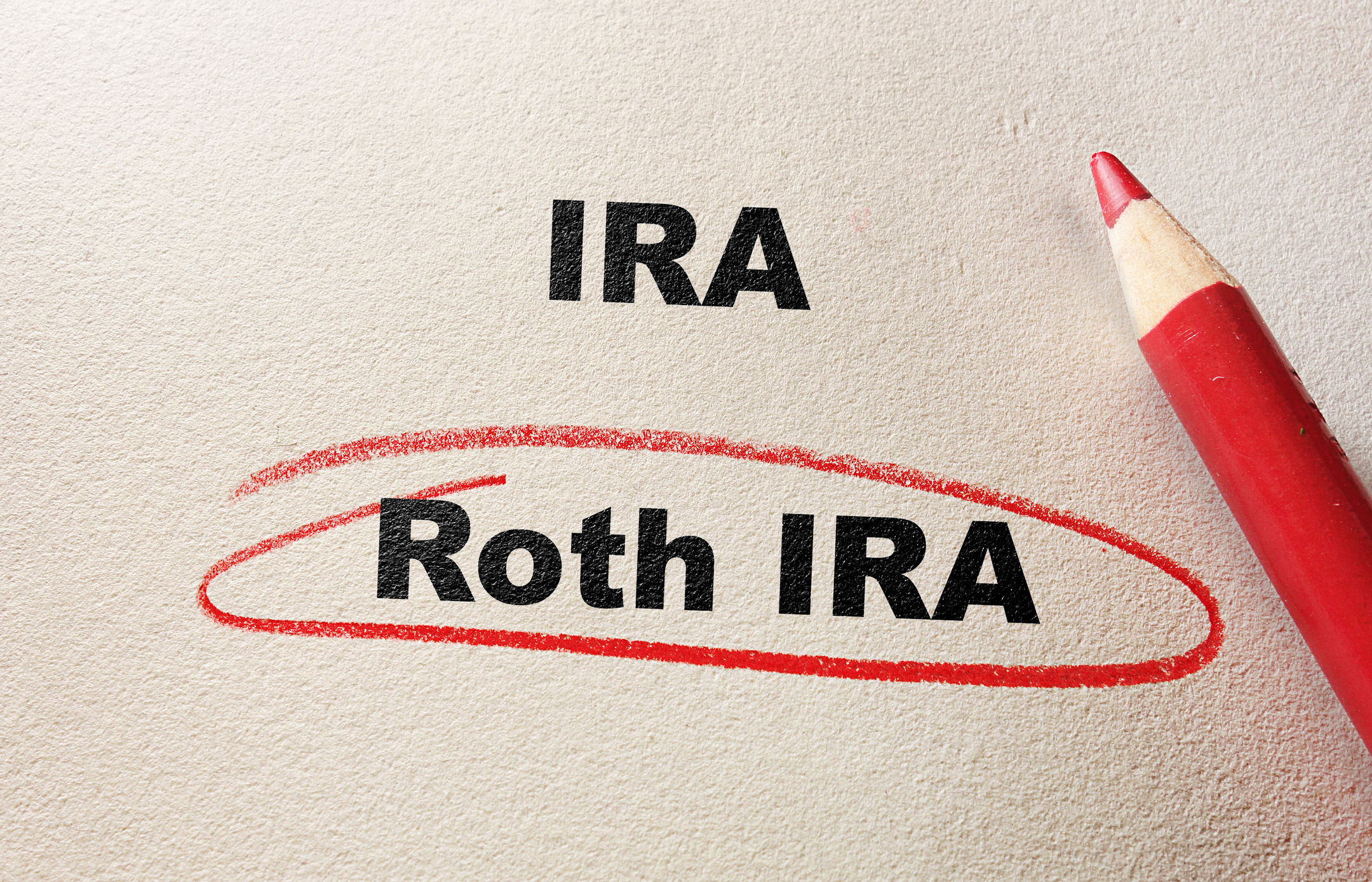 Should You Do A Roth IRA Conversion? Nine Things to Consider
Should You Do A Roth IRA Conversion? Nine Things to ConsiderThe Tax Letter Thinking of converting a traditional IRA to a Roth IRA? The Kiplinger Tax Letter Editor highlights nine factors you should consider before making a move.
-
 Expiring Business Tax Breaks And Trump's Tax Plan
Expiring Business Tax Breaks And Trump's Tax PlanThe Tax Letter Four important business tax breaks are likely to be a part of President Trump's tax plan. We'll break them down for you.
-
 AMT and Pass-Throughs Add Complex Layers to 2025 SALT Tax Planning
AMT and Pass-Throughs Add Complex Layers to 2025 SALT Tax PlanningThe Tax Letter The state and local tax (SALT) deduction is a key sticking point in President Trump's tax plan.
-
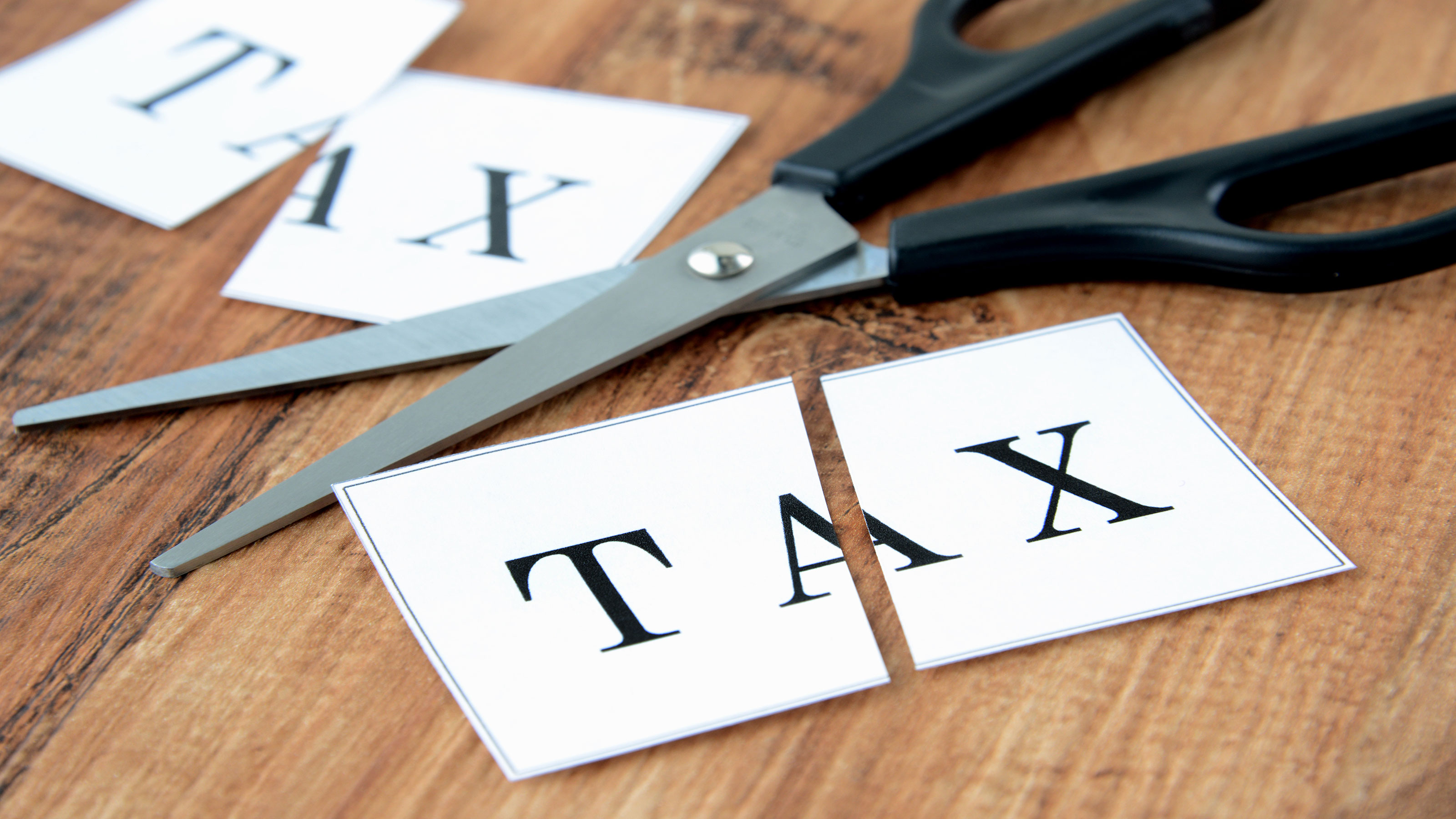 Popular Tax Breaks Are in Danger
Popular Tax Breaks Are in DangerThe Tax Letter A number of tax breaks, including the home mortgage interest deduction, are in peril as lawmakers hunt for revenues to pay for the President's tax plan.
-
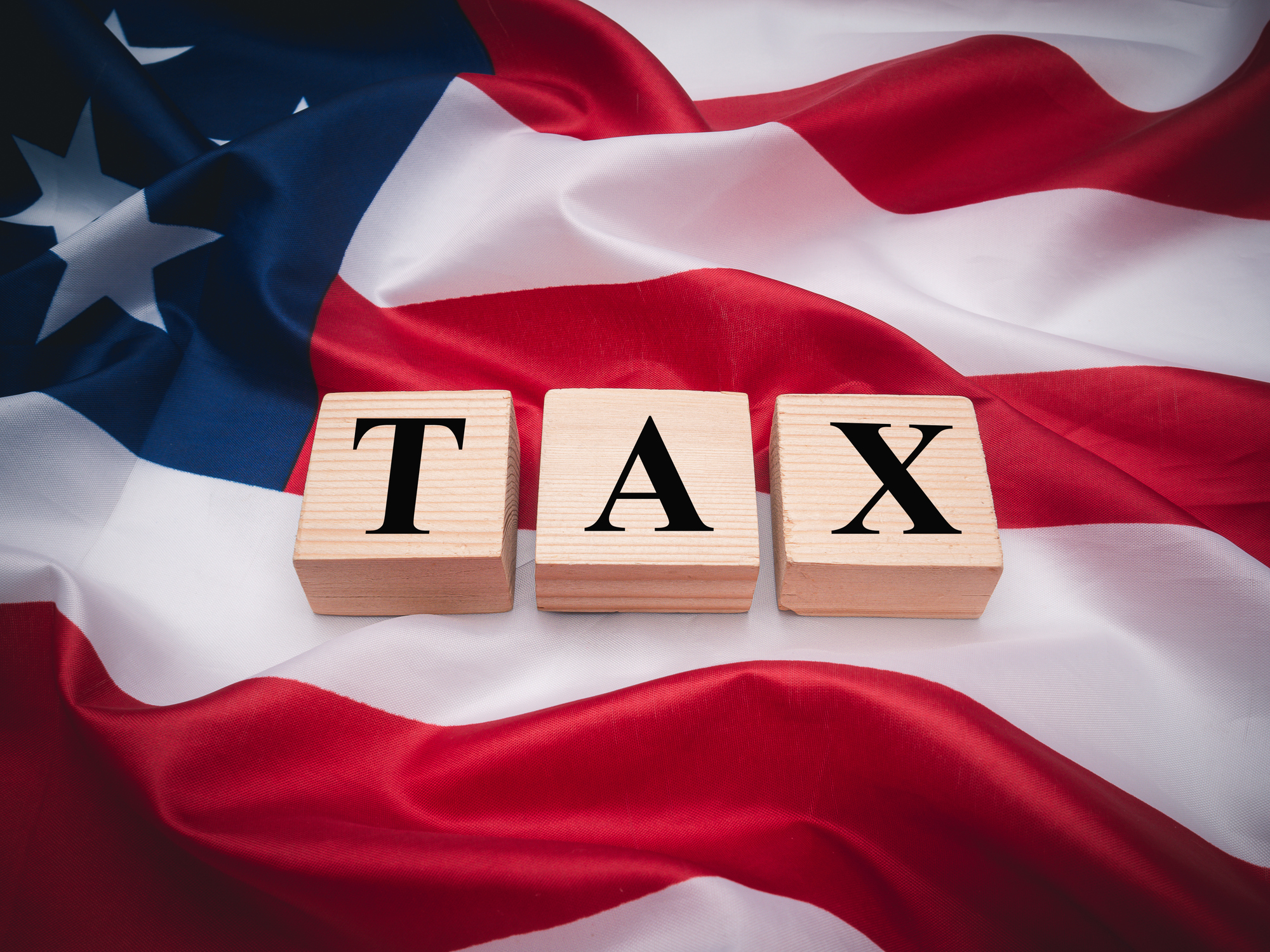 Six Hurdles for Trump's Tax Bill
Six Hurdles for Trump's Tax BillThe Tax Letter While the odds for a new tax bill in 2025 are quite good, there are some sticking points that President Trump and Congress will have to work through.
-
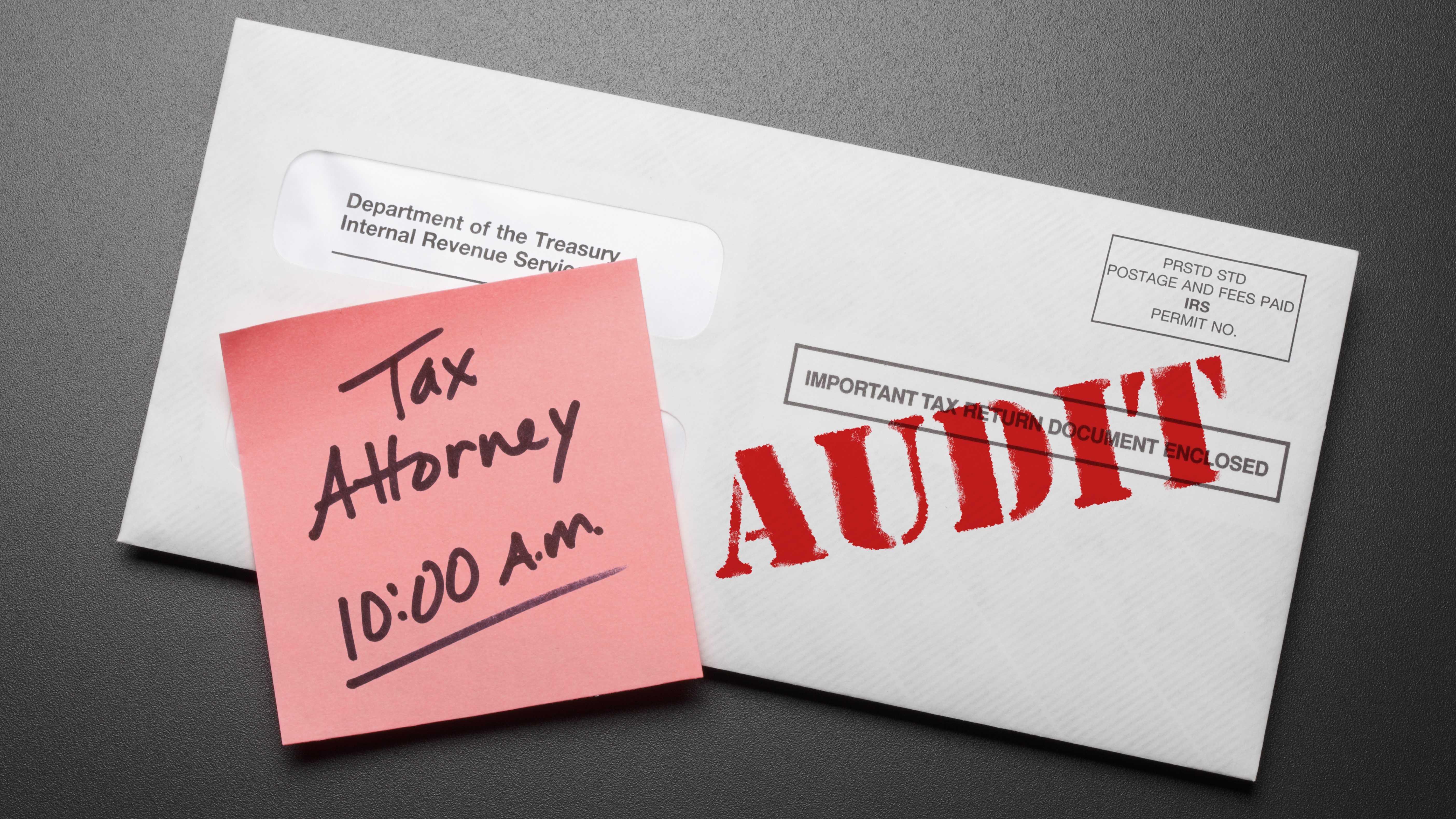 The IRS is Pursuing Partnerships and Their Owners
The IRS is Pursuing Partnerships and Their OwnersThe Tax Letter The IRS has many enforcement priorities, and partnership tax noncompliance is near the top of that list.